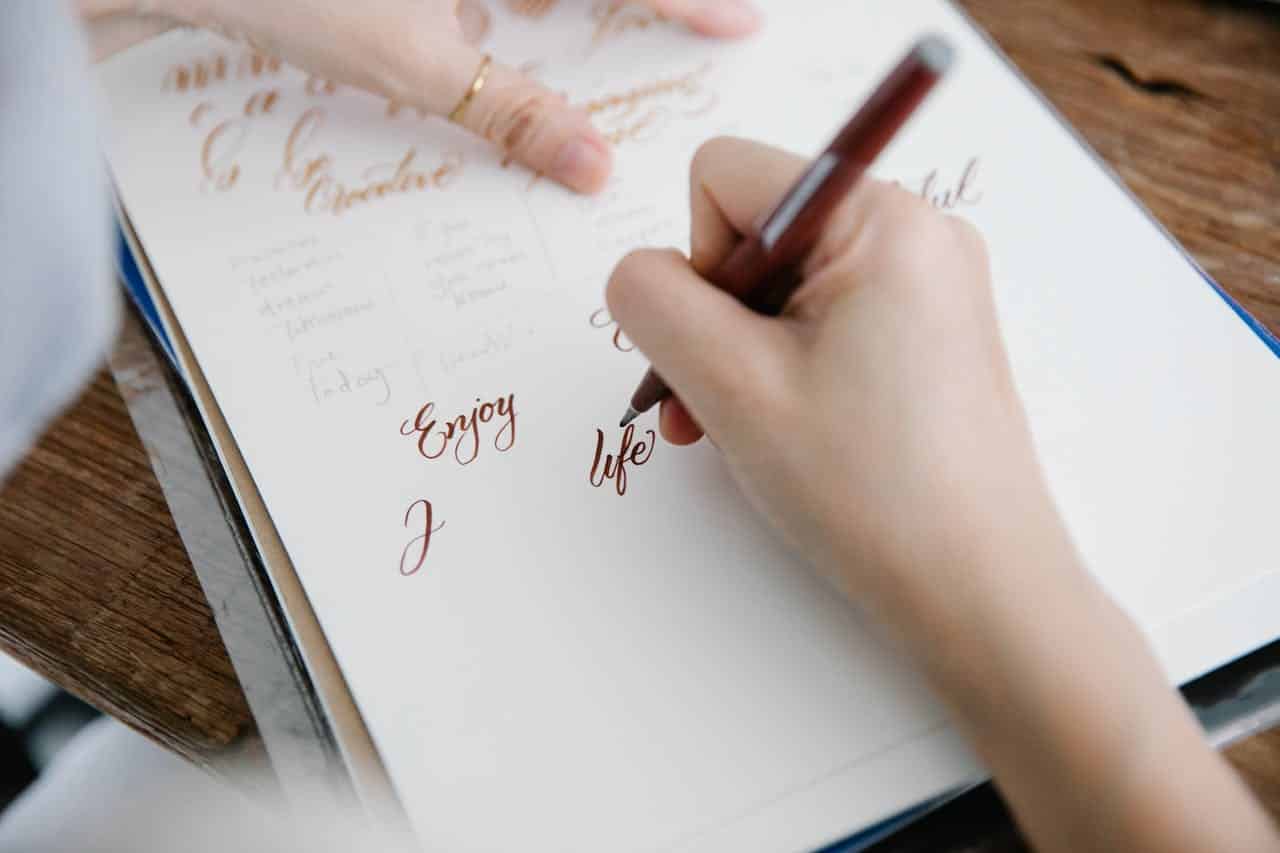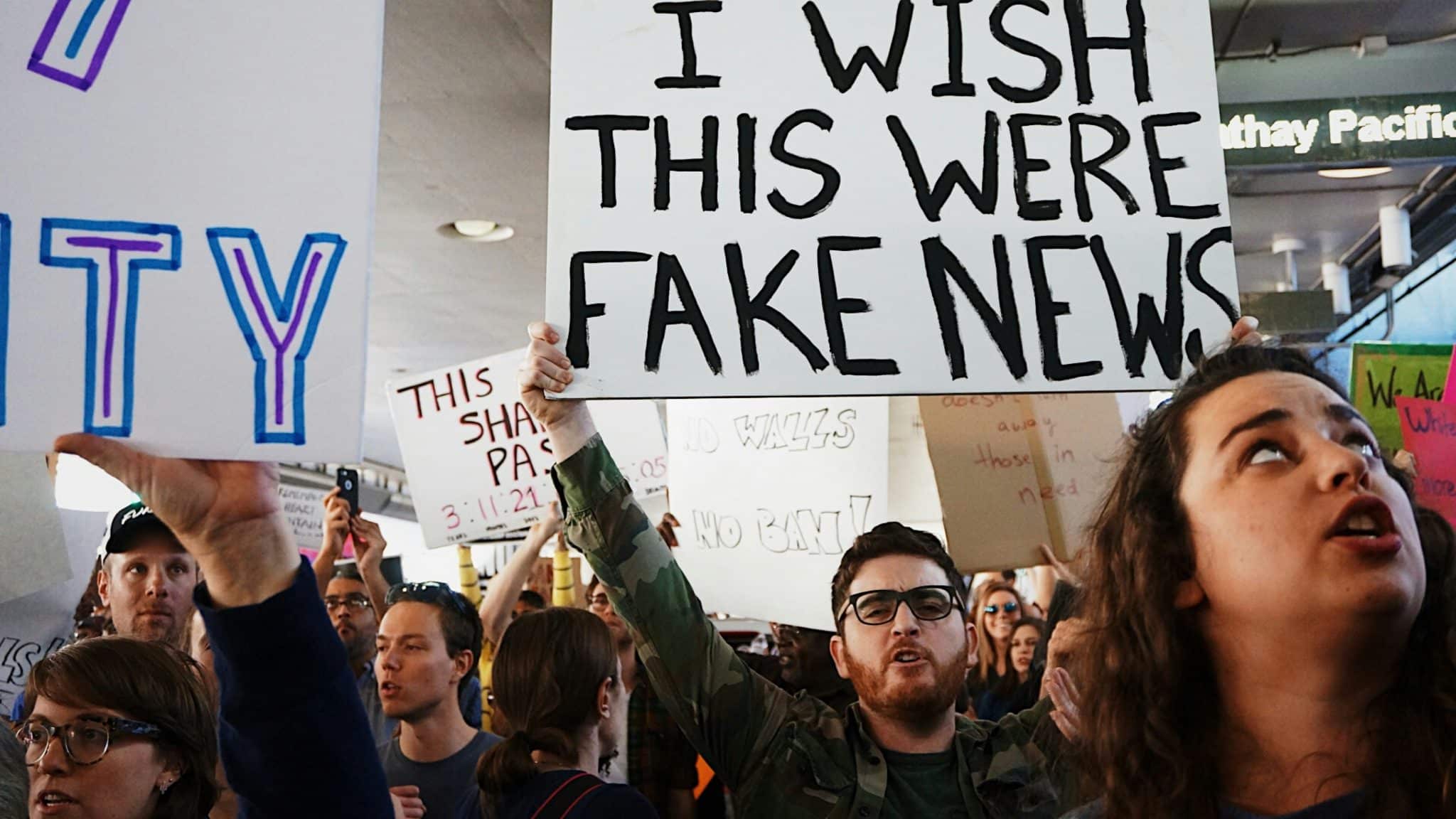Your Year of Focus: How To Be Less Distracted in 2024

Commit to being less distracted this year by setting a theme of focus
2024 is well underway, and we’re all trying to hang onto our plans and resolutions and make this an amazing year.
The bad news? One-third of us won’t make it past the end of January.
A long-term commitment to being more present every day, rather than individual, hard-to-stick-to resolutions, could be a better idea this year. This means striving towards being more focused and less distracted in all areas of life – in other words, being more mindful about work and life. The key is to think of focus as a theme, rather than a resolution.

The problem with new year’s resolutions
Let’s face it—New Year’s resolutions never work out as well as the January 1st version of ourselves envisions.
By mid-summer (or even mid-February), our ambitious goals have been pushed to the wayside, dropped completely, or forgotten altogether.
There are a few reasons for this:
Big-and-shiny resolutions are often based on something external
Take a look at the resolutions you wrote last year, and see how many of them are things you think you should do or what you think others think you ought to do.
Instead of something sincere and deeply intrinsic, many of us set goals others hold up as ideals. “Stop doomscrolling,” “be 10x more productive”, or “exercise twice a day” are all well-intentioned. But if you’re doing it because someone else is telling you to, or you think that’s what others expect of you, then there’s a good chance you’ll give up before seeing results.
Lack of motivation and commitment
This leads us to the problem of timing.
Picture this: You’ve just returned from the holidays. Transitioning back to the “real world” of work and deadlines hasn’t been easy. You glance at your new resolutions and see the whole year stretching before you…with summer vacations being a good six months away.
You’re tempted to forsake all of them. Or you’d procrastinate on most. Maybe you’ll give one or two resolutions a half-hearted attempt. And if these resolutions aren’t fundamental, central, and personally important to you, failure is nearly guaranteed.
But that isn’t the worst of it.
Instead of something sincere and deeply intrinsic, many of us set goals others hold up as ideals.
Short-term goals don’t last
Some resolutions are like goals, where you want to get more of something. They make you look forward to what’s next, what you don’t have, or who you’re not.
This robs your present moment of focus, mindfulness, and enjoyment.
When you keep yourself mentally focused on something that’s just out of reach, it’s hard to be in the present moment and simply enjoy life.
The real value in creating life-changing experiences is in setting up processes, building habits, and paying attention to your experiences.
Instead of setting results-driven goals, why not work on building small but lasting habit changes to be healthier, happier, and more productive in the new year?
Instead of creating a list of goals that don’t matter to who you are, consider setting a theme for the year that forms the foundation for your personal and professional success.

Why set a theme of focus?
Focus is rare.
Focus means being intentional about what we pay attention to, and concentrating on one thing at a time.
The ability to not get easily distracted is crucial for productivity and success in just about anything. Staying focused is becoming even more precious in today’s modern world where distractions surround us.
Focus can also be a powerful tool for the mind and body:
- You can focus on positive thoughts to help you maintain a brighter outlook on life.
- Time spent with loved ones is much more meaningful and memorable when you are fully present.
- Even when you’re engaged in your favorite hobby, you’ll feel more connected and satisfied when your mind is not wandering from what you’re doing.
By eliminating the non-essentials, limiting the essentials, and being fully present wherever you are, you’ll do more of what matters to you while feeling more alive than ever.
You can commit to being more intentional about how you live your life in the upcoming year by setting a theme of “Focus” for 2024.
This may involve building routines and rituals that point you towards being more present and mindful about what and why you do what you do, both in your professional and personal life.
By eliminating the non-essentials, limiting the essentials, and being fully present wherever you are, you’ll do more of what matters to you while feeling more alive than ever.
Why is it so hard to be focused?
If you’re anything like me, trying to complete a task while being so scatterbrained your fingers are consistently typing the wrong keys isn’t pleasant.
Being mentally focused and concentrating on a single task can be difficult.
It’s not something that comes easy to most, but it’s the key to a successful and mindful workday and a more fulfilling and satisfying life. And the good news is that the more you practice it, the easier it becomes!
What is focus?
“What you don’t do determines what you can do”
Tim Ferris
Focus occurs when you say “yes” to one option while saying “no” to everything else. Elimination precedes focus.
Of course, “no” doesn’t have to be permanent but in a particular moment, focus requires you to perform only one task at a time.
When you think about how concentration works, you quickly realize that none of us have trouble focusing.
We need help deciding.

Distractions and internal triggers
“Distraction is a desire to escape discomfort, which is why we have to admit that time management is pain management”
Nir Eyal
With enough motivation, meaning, and clarity, all of us could focus well on things we need to do—if we didn’t have any distractions.
Contrary to what you might think, external distractions such as digital pings, and rings account for only 10 percent of the distractions you deal with daily.
Internal distractions make up the bulk of focus-draining triggers that we fight hourly.
As human beings, we chase after positive experiences. Distractions provide an escape from discomfort—the pressures of a work deadline, boredom with long-term projects, anxiety with late emails, or stress over strategy outcomes.
According to Nir Eyal, low performers escape discomfort with distractions, welcoming social media notifications and random videos over focusing on work. On the other hand, high performers use these internal triggers as fuel to drive themselves forward.
Eyal provides a four-step approach to conquering internal distractions:
- Master internal triggers by accepting that things may be uncomfortable at times.
- Schedule time for each task you absolutely need to do, and guard those time slots religiously.
- Reduce external triggers. Web blockers and noise-canceling headphones are helpful here.
- Prevent distractions with precommitments that put your effort, money, or identity on the line. With these pacts, you lose either time, cash, or self-respect for not having finished what you’ve planned.
While that last point might be a little extreme, Eyal makes a good point. Focusing well takes effort, and maybe a little pain at times. But it’s worth it in the long run.
By dealing with internal triggers and external distractions, we can achieve greater levels of focus that carry dividends in our work and personal lives.
Techniques to increase and sharpen focus
Here we’ve compiled our favorite ideas to sharpen and improve your focus.
Use these techniques as daily or weekly habits to maximize the momentum each activity gives you toward a focused 2023.
Blocking digital distractions with Freedom
Digital distractions are everywhere. Without tools to keep them at bay, it’s easy to succumb to the endless notifications, even in work sessions. Freedom holds a stop sign to those distractions that sap your focus, and keep you on track as you monotask your way through the day.
A meditation or mindfulness practice
Incorporate a regular meditation or mindfulness practice into your workday to soothe your mind, refresh your spirit, and prepare your body for the workday or work session ahead.
Here’s our take on the best mindfulness practices for building and sustaining long-term focus, mental health, well-being, and mindful productivity.

Deep listening habits
Many of us listen with anticipation, constantly thinking of what we will add and what we agree or disagree with instead of truly hearing what the speaker is saying. How often do you listen to someone else talking without thinking about what you will say next?
Be more present in conversations by listening with curiosity without the intention to respond.
Prioritizing and planning
Knowing which tasks should be done today, which ones can wait, and which ones don’t need to get done (or can be delegated) can give you more time and brain space to pay attention to and focus on what matters.
Prioritization methods such as the Ivy Lee Method, Warren Buffett’s 2 Lists, and the Eisenhower Box are powerfully useful in this area.
Do what’s best for your body
Without a healthy, happy body and mind, our focus suffers. Simple things like getting enough sleep, staying hydrated, and taking active breaks can make a huge difference. To build long-lasting healthy habits, listen to what your body is telling you and give it what it needs, instead of what other people are doing or tell you you should be doing.
Have a focused and meaningful routine
Mornings allow you to clarify your day before expectations, deadlines, and meetings start demanding your time and attention. Plan work breaks, schedule in margin time, and prepare your work environment for the day ahead. If you feel especially ambitious, try getting up an hour early than usual to get a head-start.
Evenings allow you to disconnect from screens and work pressure, reflect on your day, indulge in a self-care routine, and reconnect with family, friends, and hobbies. A calm and productive evening routine sets you up for the next day.
Instead of juggling different tasks all at once, focus on just two or three crucial daily tasks, and do them one at a time. Going slower is more important than not getting anything done at all.
Controlling internal distractions
This one is especially pertinent for me, mainly because it’s the kind of distraction you can’t block with an app like Freedom, run away from physically, or just turn off, like notifications.
There are two main kinds of internal distractions:
- Priority chaos, where the brain is constantly wondering if this is the best possible task to be working on.
- Short- and long-term mismatch, where need-to-dos and want-to-dos fight constantly.
The solution? Find out just what you’re distracting yourself with and why. Then remove those distractions one by one.
By systematically tackling internal triggers, you can guide your mind to focus on what it needs to pay attention to.
Reduce and avoid stress
When you have a dozen different tasks that all need to be done now, you can’t help being scatterbrained. Multi-tasking becomes a real temptation, which we already know isn’t a strategy.
Instead of juggling different tasks all at once, focus on just two or three crucial daily tasks, and do them one at a time. Going slower is more important than not getting anything done at all.
Do these most important tasks as early as possible before digital (or any other) distractions begin to crowd into your day.
- Bonus tip: As you work on a project, learn not to distract yourself by skipping what you don’t know. Do all the easy parts, then return to the difficult ones afterward. This trains your mind to stay in the flow as you work. By the time you return to the tricky bits, you’d have built up enough momentum to keep moving forward.

Block out distracting noise
Background sounds, such as white noise, distract your attention from what you’re trying to focus on. Even as you read this article, the sounds you’re hearing enter your mind and are being analyzed in your brain without you realizing it. This saps your ability to stay focused long-term.
Freedom Focus Music reduces distracting noise, putting your mind at ease with relaxing yet motivating sounds. Plus, the tracks are ideally suited for Pomodoro work sessions!
Declutter your work and home spaces
The state of your office often reflects the condition of your mind. The reverse is also true. A cluttered desk causes distractions that can easily be avoided.
By keeping your workspace clean and organized, you’re mentally and physically preparing yourself for work, leaving your brain free to focus on your task.
Focus takes effort, and maybe a little pain at times. But it’s worth it in the long run.
Your blueprint for a focused 2024
Goals and resolutions have their time and place. But habits are much more powerful when it comes to lasting positive change. As you work towards building 2024 into your most focused and mindful year yet, remember that it’s the process that matters most.
The theme of Focus is not an end goal – it’s a state of mind that brings more depth, meaning, and enjoyment into your daily life.
Focus and concentration come with practice and patience. Make it a new year commitment, and watch your mindful productivity soar throughout 2024!


